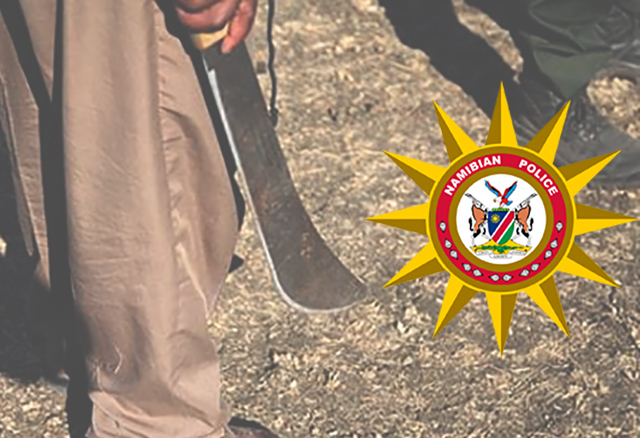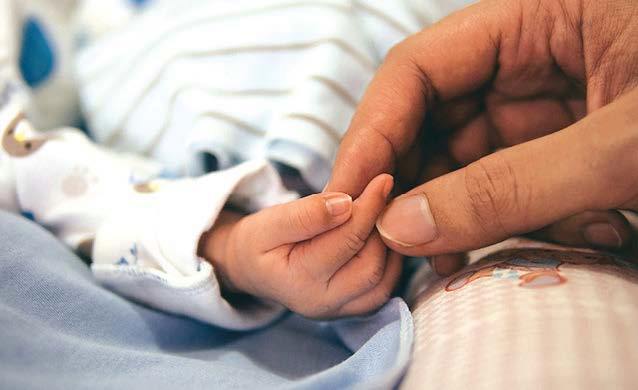In a book, ‘Food First: Beyond the Myth of Scarcity’, the authors argue that every country in the world has the ability to feed its people well.
Frances Moore Lappé and Joseph Collins write that people are hungry because of the unequal distribution of land, income and power.
Namibia is grappling its worst drought in 100 years.
This week, the Office of the Prime Minister announced that more than half of Namibia’s population would soon be faced with hunger.
“About 1,4 million (48% of the total population of three million people), equivalent to 341 855 households, are expected to be food insecure between July 2024 and September 2024,” it said.
People in most of the country’s regions are struggling to feed their families. Some are dying. In Omaheke, 26 children have lost their lives to malnutrition this year.
This is just the tip of the iceberg.
Last week, vice president Netumbo Nandi-Ndaitwah said the government will make sure nobody dies of hunger during this year’s drought.
Statistics already show that people are losing their lives.
During a visit by Nandi-Ndaitwah to the regions last week, a health professional at a public meeting summarised the situation by saying: “Our children are hungry. The future is dying.”
The health professional said children are booked into hospital and assisted, but this is undone when they return to homes with no food.
“And it’s not only that child. They probably have two to three siblings and parents who are unemployed.”
Namibia is a drought-prone country.
Apart from a seeming lack of long-term and crisis planning, our leaders have failed to sufficiently invest in the overall welfare of Namibians.
For years, civil society and the media have advocated for the government to scrap schemes around fishing quotas and the allocation of mineral rights.
The current ‘buddy-buddy system’ only serves to enrich the elite and the connected.
Radical action is needed to break this debilitating cycle of entitlement and prioritise the welfare of all Namibians.
For one, perks such as retirement houses for presidents and top officials could be dropped to show intent of change.
Politicians like boasting that Namibia is blessed with resources. Yet resources such as fish are not affordable to the most vulnerable communities.
The debate on what leaders are doing, or are planning to do, about fighting hunger is crucial.
Most political parties have not yet released their election manifestos.
They too need to show a sense of urgency about the issues facing Namibians.
Eventually, voters will be faced with a decision at the ballot box about who would most effectively address their concerns.
Tellingly, Lebanese chef Antoine el Hajj noted that “Lebanon isn’t a poor country, it’s a looted one”.
This quote could equally apply to our country.
Namibia is not poor.
It is being looted.
Stay informed with The Namibian – your source for credible journalism. Get in-depth reporting and opinions for
only N$85 a month. Invest in journalism, invest in democracy –
Subscribe Now!








